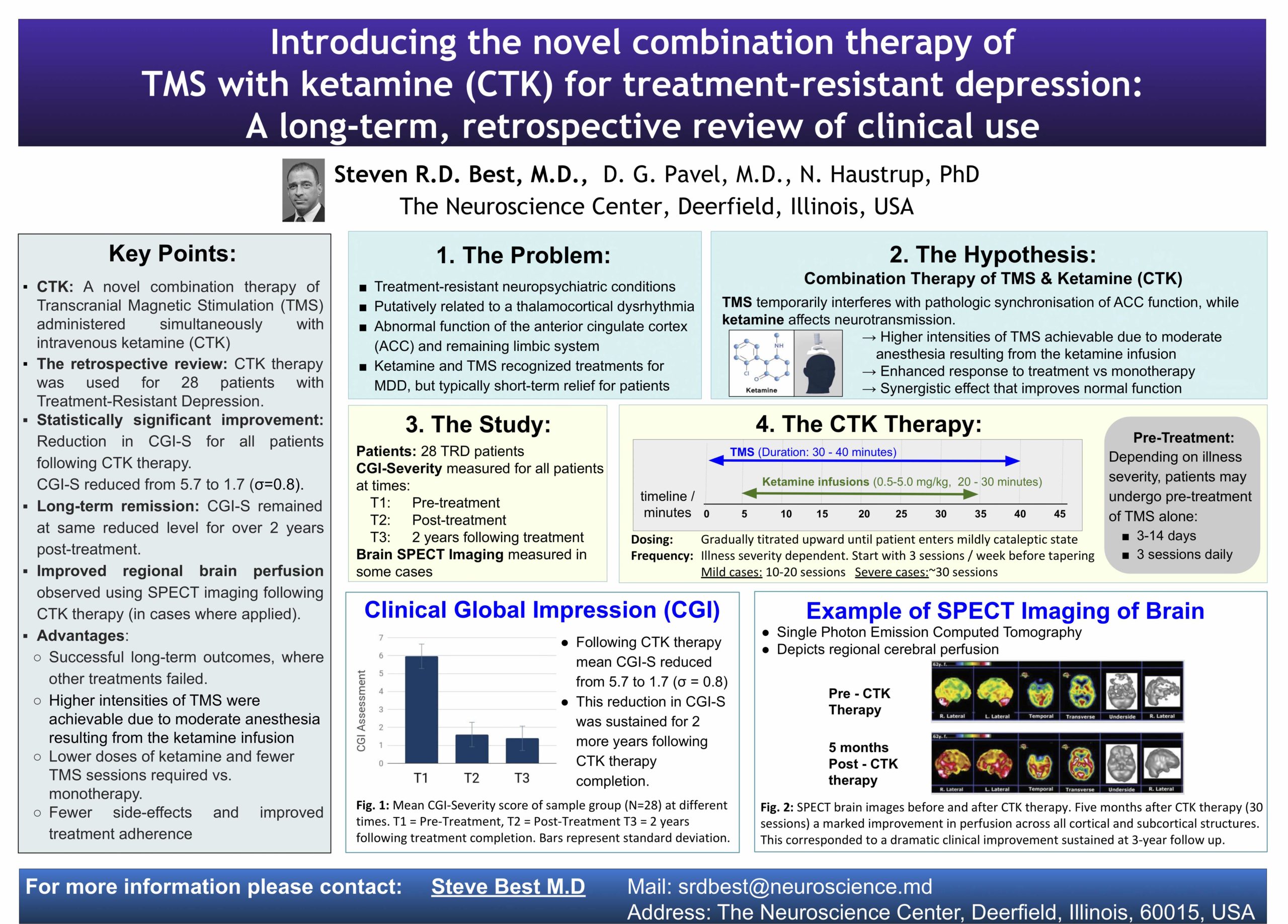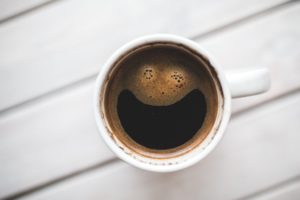The Neuroscience Center (TNC) staff began serving the general psychiatric needs of patients over 25 years ago. While many of our patients experienced significant recovery through traditional medication and therapy, a subset of people continued to struggle with Treatment Resistant Illnesses, particularly depression and chronic pain syndromes.
With years of experience, TNC realized that factors such as concussion and head injury, stroke, substance use/misuse, comorbid psychological issues such as anxiety or learning disorders, tick-borne and conditions associated with Pathogen exposure, sleep disorders, autoimmune conditions, and nutritional deficits & metabolic disorders contributed to the frustrating persistence of treatment resistant symptoms and illnesses. Building an innovative clinic with multiple modalities to help people recover from these complex illnesses became our passion.
First, we began using repetitive Transcranial Magnetic Stimulation (rTMS) to offer relief from Treatment Resistant Depression. This innovate technology, now approved by the FDA, is a noninvasive procedure that uses magnetic fields to stimulate nerve cells in the brain. While rTMS is a highly effective treatment, the recommended treatment protocol required many hours of administration over multiple days which made it difficult for people to complete. Searching for more efficient ways to use rTMS, we began to pair it with the medicine ketamine.
Ketamine, an FDA-approved anesthetic, had been gaining increased empirical support as an off-label treatment for depression and pain. Patients were waking up from surgical procedures reporting marked decrease in depressive symptoms, suicidality, and chronic pain. Ketamine and r/TMS share some similar pathways of action in the brain. Enthused by this research and with the support of leaders in the field of ketamine and rTMS, we began pioneering the combined use of rTMS and intravenous ketamine nine years ago. Because of the bulk of clinical experience, including our work, ketamine was recently approved by the FDA for depression.
As we found in single case reports as well as long term studies of over 120 patients, this combination has unique and synergistic properties of action that decrease time in treatment with rTMS alone. People are returning to their families, careers, and lives free from symptoms. We continue to offer combined TMS with ketamine to support patients in healing from depression, as well as chronic pain conditions, opioid addiction, recovery from concussion/TBI, and other neurological events that have also responded to the treatment.
This pioneering spirit has continued to define TNC as we added more innovative technology for evaluating and treating life-menacing conditions. In 2013, as a response to the growing evidence that pressurized oxygen therapies may help stimulate neurological stem cell regrowth and neurogenesis for people who have experienced stroke, traumatic brain injury, sports-related concussion, and other neurological events, we installed two chambers that accommodate Hyperbaric Oxygen Therapy. One of them has the capacity to treat multiple people at the same time.
Other innovative therapies include intravenous nutritional infusions to treat imbalances in the gut which may impact brain health. We offer specialized diagnostics such as EEG and Brain SPECT Imaging to more accurately capture pathophysiology and pinpoint which interventions and medications will be most effective. We have been applying perispinal etanercept Injections to successfully slow the progression of Alzheimer’s and dementia for years. Most recently, in response to the resurgence of interest in psychedelics and psychedelic-assisted therapy to treat anxiety, depression, PTSD, lingering family of origin issues, and end-of-life concerns, we began offering Ketamine Assisted Psychotherapy. This unique combination pairs psychotherapy with the dissociative aspects of ketamine to supercharge healing.
TNC prides itself on science-based, patient-centered, innovative care. We are always searching to refine our methods so that treatments are tailored to our patient’s unique symptoms and needs. At TNC, “Treatment Resistant Illnesses” means that the medical field must respond to a patient’s needs more thoroughly, rather than a pejorative comment suggesting that one has failed in their attempts to heal.









